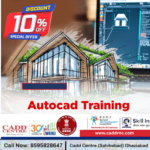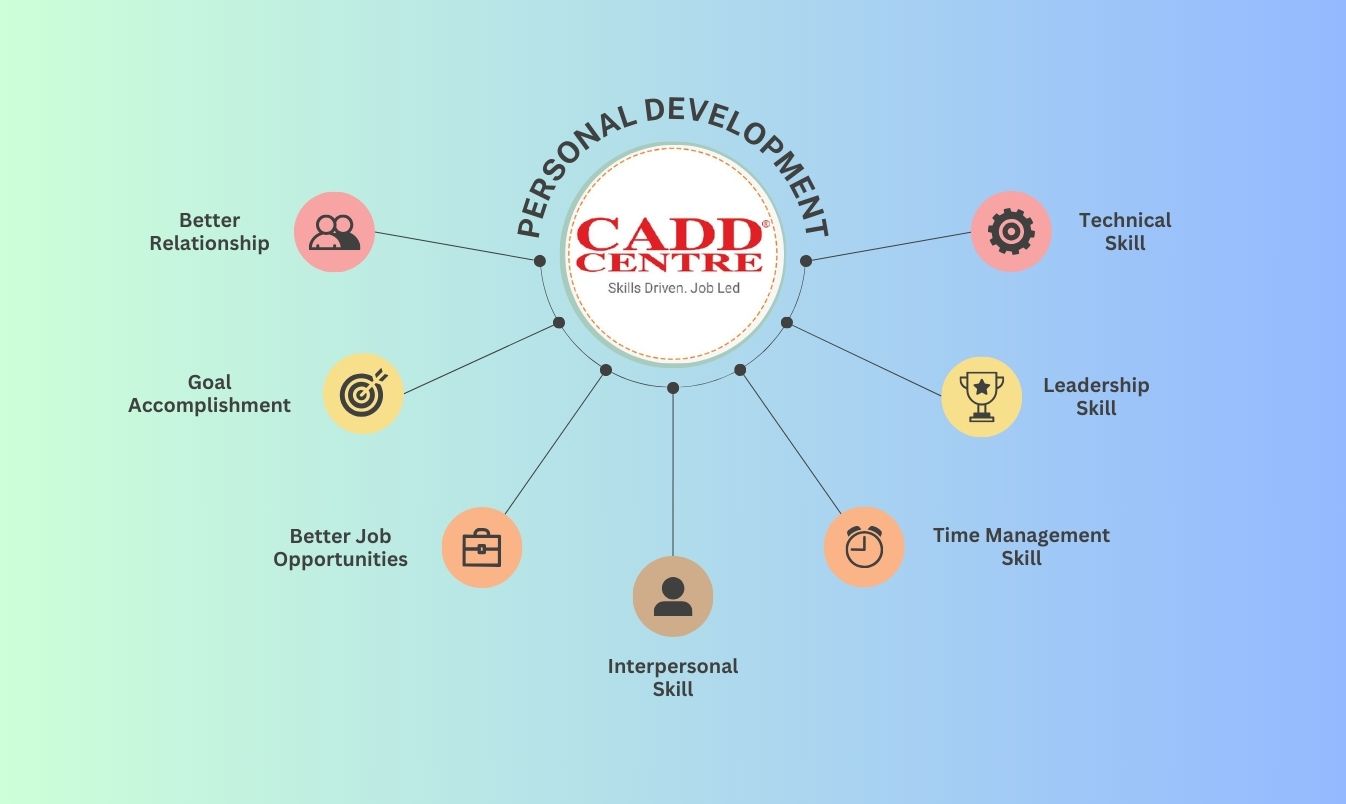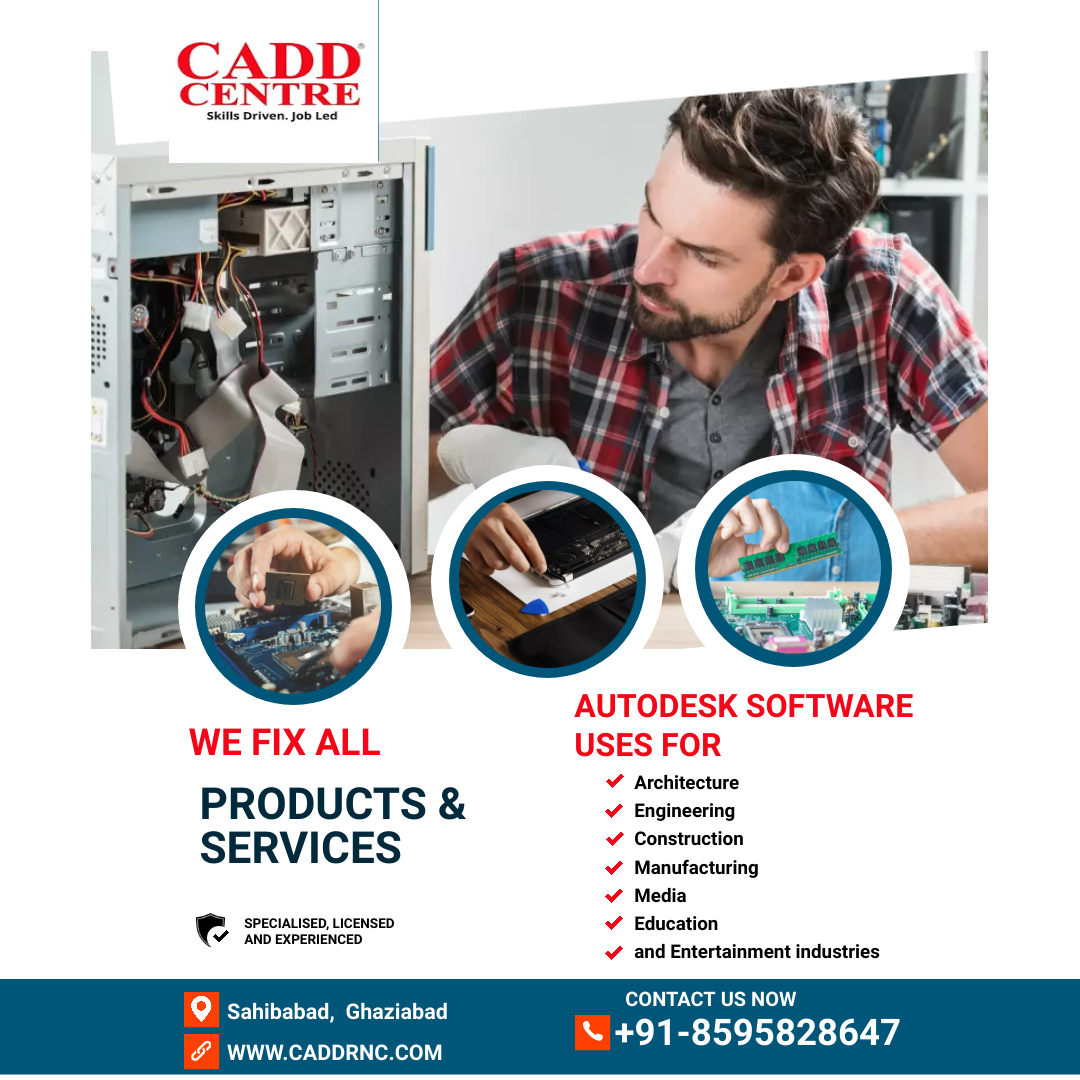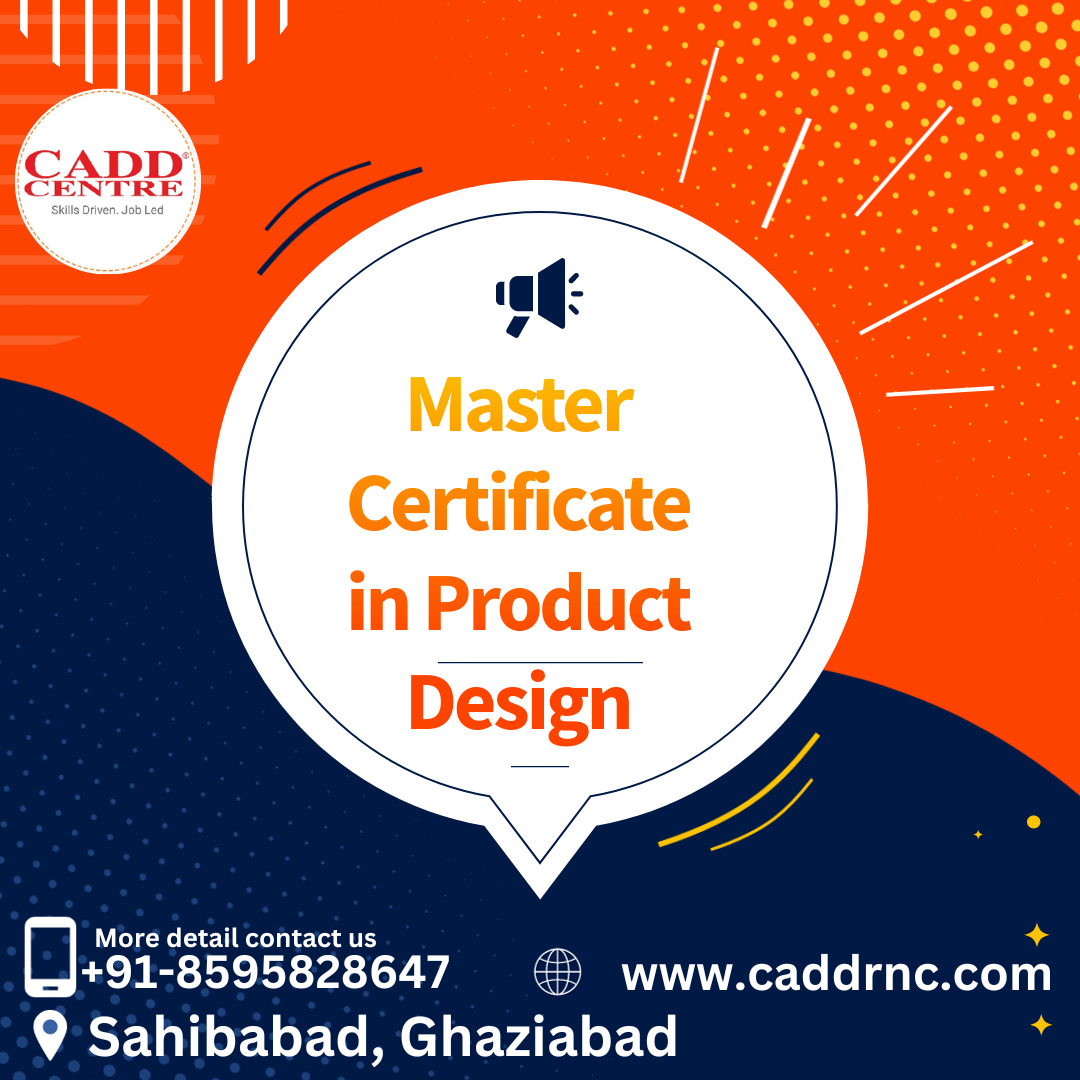
Estimating and costing are crucial aspects of civil engineering projects, involving the prediction and calculation of the quantities and costs of materials, labor, and equipment required to complete construction projects. Here are the key components and processes involved in estimating and costing in civil engineering:
- Quantity Takeoff: The first step in estimating and costing involves quantifying the materials required for construction. This includes measuring quantities of materials such as concrete, steel, bricks, and other construction materials based on architectural and structural drawings.
- Rate Analysis: Once the quantities of materials are determined, civil engineers analyze the rates of materials, labor, and equipment to estimate costs accurately. Rate analysis involves determining the unit rates for various items of work based on prevailing market rates, including material prices, labor wages, equipment rental costs, and overhead expenses.
- Labor Costs: Estimating labor costs involves determining the number of labor hours required to complete each task and multiplying it by the labor rate. Labor costs also include allowances for overtime, supervision, and other related expenses.
- Material Costs: Material costs are calculated by multiplying the quantity of each material by its respective unit rate. Civil engineers must consider factors such as material wastage, transportation costs, taxes, and handling charges when estimating material costs.
- Equipment Costs: Equipment costs are calculated based on the rental rates or ownership costs of construction equipment required for the project. This includes machinery such as excavators, cranes, concrete mixers, and other specialized equipment.
- Subcontractor Costs: In many cases, civil engineering projects involve subcontracted work, such as electrical, plumbing, or landscaping. Subcontractor costs are estimated based on quotations received from subcontractors or historical data from similar projects.
- Contingency Allowance: Civil engineers include a contingency allowance in the cost estimate to account for unforeseen circumstances or changes in project scope. The contingency allowance typically ranges from 5% to 10% of the total estimated cost, depending on the project’s complexity and risk factors.
- Overhead and Profit Margin: Overhead costs, including administrative expenses, office overhead, and profit margin, are added to the direct costs to determine the total project cost. Profit margin is typically applied as a percentage of the direct costs and varies depending on market conditions and project requirements.
- Cost Estimation Software: Civil engineers often use specialized software tools for estimating and costing, such as CostX, Bluebeam Revu, or BIM-based software like Autodesk Quantity Takeoff. These tools streamline the estimation process, improve accuracy, and facilitate collaboration among project stakeholders.
Overall, accurate estimation and costing are essential for budgeting, bidding, and managing civil engineering projects effectively. Civil engineers must carefully analyze project requirements, consider all cost factors, and use reliable data and methodologies to produce realistic cost estimates that meet project objectives and stakeholders’ expectations.












